Postpartum Hair Loss: Complete Guide To Causes & Prevention
A holistic approach to understanding, navigating and coping with postpartum hair loss.
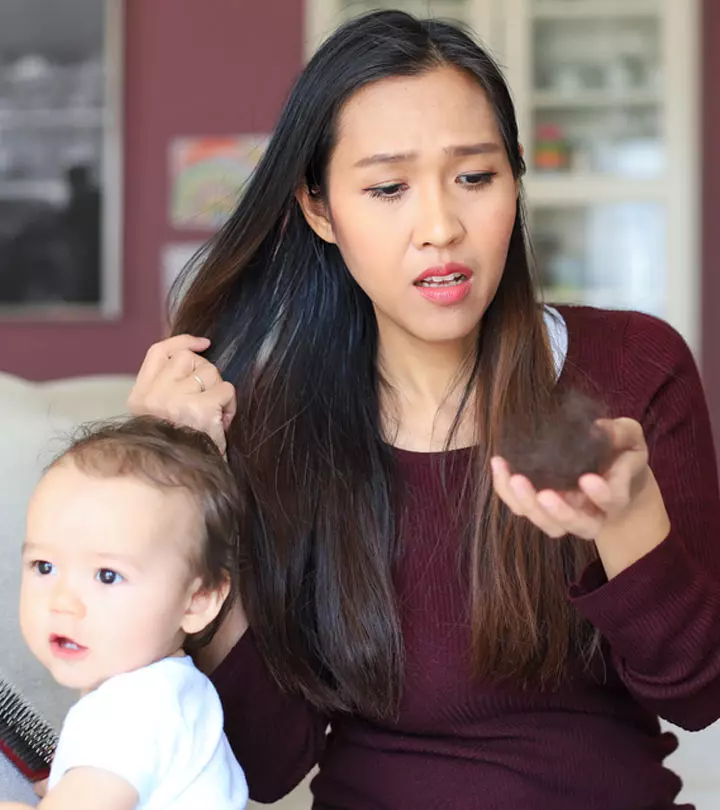
Image: Shutterstock
Postpartum hair loss is common, and most women experience it after giving birth. Your body changes after pregnancy. Having a child can alter your appearance, causing you to lose the extra weight and the luxurious hair you had during pregnancy.
You may also notice your hair becoming thinner and shedding more often. For instance, Sylvia, a professional hairdresser, and YouTuber, shared her experience of dealing with postpartum hair loss in her video. She said, “So I just recently had a baby, I’m actually seven months postpartum and I very recently went through the postpartum hair loss stage so I feel like I have a lot less hair now but the extreme shedding has stopped (i).”
This is neither alarming nor concerning as this post-pregnancy hair loss is temporary. This article explains what postpartum hair loss is, treatment options, and how to reduce it. Read on to learn more.
In This Article
What Is Postpartum Hair Loss?
New mothers experience hair loss within a few months of childbirth. For some, the shedding may start immediately after delivery or within a month. This is called postpartum hair loss, postpartum effluvium, or postpartum alopecia, and is caused due to the decreasing estrogen levels in the body.
 Quick Tip
Quick TipThis is not true hair loss as once the estrogen levels are normal, the hair fall stops. Postpartum hair loss continues for 6-24 weeks and rarely extends for 15 months (1). If you are wondering what causes this condition, find out in the next section.
Key Takeaways
- Postpartum hair loss is majorly due to the depletion of estrogen levels in the body.
- Nutritional deficiencies, stress, and disturbed sleep cycle can also trigger postpartum hair loss.
- Topical progesterone and estradiol lotions are used to manage postpartum hair loss.
- Taking prenatal vitamins, supplements, a balanced diet can manage postpartum hair loss.
What Causes Postpartum Hair Loss?
- Hormonal Changes: Managing hormonal hair loss requires understanding its triggers and exploring appropriate remedies to restore hair health. The fluctuating hormone levels may cause postpartum telogen effluvium or PPTE (a type of diffused hair pattern loss). During pregnancy, there is a ninefold increase in progesterone levels and an eightfold increase in estrogen levels. The prolactin levels also increase gradually to a level that is 20 times higher than normal. These increased hormone levels normalize 2-4 days after delivery (2). This variation may cause hair loss.
- Hair Growth Changes: The change in hair stages from anagen to telogen may also cause postpartum hair loss. The hair cycle has different stages anagen (growth phase), catagen (regression), telogen (resting phase), and neogen (hair fall). During pregnancy, the hair remains in the anagen phase for a longer time (3). After delivery, the delayed anagen phase shifts to the telogen phase, causing hair fall.
- Vitamins And Mineral Intake: Nutrient deficiencies may cause postpartum effluvium. Research shows that zinc, biotin, iron, and folic acid deficiencies can cause telogen effluvium in women after delivery (4).
- Other Causes: Stress, post-surgery stress, and disturbed sleep cycle may also trigger post-delivery hair fall(2).
However, postpartum shedding is absolutely normal.
Is Postpartum Hair Loss Normal?
Yes, it is. In a study involving 98 patients, 88.7% experienced hair loss within 8 to 16 weeks after delivery (5). It continued for 4-6 months, and later, the hair growth became normal.
Although hormonal changes mainly affect the scalp’s frontal area, there is no evidence that it is the primary affected area in postpartum hair loss. The study also found that out of 98 patients, 59.1% experienced hair loss at the back of the scalp, 20.4% throughout the scalp, and only 11.2% had frontal hair loss (5). Now, the question is, how long does it last?
How Long Does Postpartum Hair Loss Last?
Hair growth normalizes within a few months of delivery in most cases. However, in some cases, postpartum effluvium is prolonged and may even become permanent (6). Psychological stress and other hair disorders can affect postpartum alopecia (2), (5). If you are experiencing hair loss even after a year of childbirth or have any underlying hair condition, consult a doctor for better treatment.
 Quick Tip
Quick TipTreatment For Postpartum Hair Loss
Postpartum hair loss mostly resolves on its own. However, for cases of prolonged hair loss, there are several treatment options like:
- Thyroid supplementation (if there is only thyroid hormone disturbance)
- Topical progesterone and estradiol lotions
- Oral contraceptives (6)
However, there is not enough evidence to support these treatments.
A study showed that shampoo and tonic containing horse placenta growth factor, pumpkin extract, panthenol, and niacinamide improved hair density and thickness (7). The horse placenta is similar to the human placenta and contains many nutrients like growth factors, amino acids, lipids, vitamins, and enzymes. The horse placenta growth factor stimulates the dermal cells to promote hair growth and blood flow and reduces the recovery period for postpartum hair loss. However, a few patients complained of mild pain and itchiness.
While there is no direct evidence specifically linking collagen to postpartum hair loss, it is generally recognized to have potential benefits for addressing hair loss in various situations. A study explored the use of collagen, specifically Low Molecular Weight Collagen Peptide (LMWCP) derived from fish to address hair loss. The research involved testing it on human cells, hair follicles, and mice. It found that collagen has the potential to stimulate the growth of new hair follicles. It may also help increase the activity of genes and proteins associated with hair growth (8).
Oral supplements containing collagen may also help enhance the effectiveness of certain anti-hair loss treatments in people with different types of hair loss conditions (9).
Note: Although minoxidil is used in hair loss treatments, it should not be used by pregnant women or nursing mothers to avoid any chances of fetal deformities (10).
Here are a few things you may do to prevent postpartum hair loss.
How To Prevent Postpartum Hair Loss
1. Take Prenatal Vitamins And Nutrient Supplements
For expecting mothers, prenatal vitamins for hair growth can be a crucial factor in maintaining healthy hair during pregnancy. They make up for some nutritional deficiencies caused by increased metabolism. The NHS recommends taking folic acid (vitamin B9) and vitamins C and D in prescribed dosages during pregnancy (11). It is also recommended to take calcium and iron supplements.
2. Eating Habits
Your eating habits influence your overall health. Deficiency of vitamins like folate, biotin, riboflavin, and vitamins B12, C, and D can cause hair loss (12). Research shows that zinc, iron, and folic acid deficiencies can cause telogen effluvium in pregnant women (4). On the other hand, a deficit or an excess of vitamin A can cause hair loss. Hence, consult a doctor for the right dosage.
The NHS recommends eating as per their “eat well plate” that shows how much of each food type comprises a balanced diet (11).
Note: Foods like unpasteurized milk, cheese, undercooked/raw egg, and shellfish, liver products, and vitamin A supplementation might adversely affect a pregnant woman and fetus (9).
Postpartum hair loss is one of the common issues faced by most people. Though it is a normal part of childbirth, people often stress about the hair loss and other changes faced during this period. However, the hair will start growing back in a few months. But, if the hair loss lasts long, there are treatment options like oral contraceptives, thyroid supplementation, and topical progesterone and estradiol lotions. You may also follow the tips mentioned above to prevent postpartum hair loss. However, consult a doctor before starting any medication.
Frequently Asked Questions
When should I be concerned about postpartum hair loss?
Postpartum hair loss is completely normal, and many women experience it for up to 6 – 8 months after giving birth. However, if you are experiencing hair loss even after a year, you should consult your doctor.
How much is too much hair loss after pregnancy?
Losing 80 – 100 strands of hair a day is normal, and new moms may lose up to 400 – 500 strands. Anything more, even after 6 – 8 months from childbirth, should be addressed.
Gain expert insight on postpartum hair loss from an accomplished nurse with 13 years of experience in mother-baby and postpartum care. Understand why it happens and discover effective treatments to help you combat the situation with confidence.
Personal Experience: Source
(i) Postpartum Hair Loss – And How You Prevent It!
https://www.youtube.com/watch?v=PMENzkYiPQE
References
Articles on StyleCraze are backed by verified information from peer-reviewed and academic research papers, reputed organizations, research institutions, and medical associations to ensure accuracy and relevance. Read our editorial policy to learn more.
- Alterations in Hair Follicle Dynamics in Women
https://www.ncbi.nlm.nih.gov/pmc/articles/PMC3884776/ - The Postpartum Telogen Effluvium Fallacy
https://www.ncbi.nlm.nih.gov/pmc/articles/PMC4908443/ - Effect Of Pregnancy On The Human Hair Cycle
https://www.sciencedirect.com/science/article/pii/S0022202X15494709 - Diet And Hair Loss: Effects Of Nutrient Deficiency And Supplement Use
https://www.ncbi.nlm.nih.gov/pmc/articles/PMC5315033/ - Study of Postpartum Alopecia
https://jamanetwork.com/journals/jamadermatology/article-abstract/527997 - Pregnancy And The Hair Growth Cycle: Anagen Induction Against Hair Growth Disruption Using Nourkrin® With Marilex® , A Proteoglycan Replacement Therapy
https://pubmed.ncbi.nlm.nih.gov/27659896/ - Effectiveness of Hair Care Products Containing Placental Growth Factor for the Treatment of Postpartum Telogen Effluvium
https://e-aaps.org/journal/view.php?doi=10.14730/aaps.2017.23.2.73 - Low Molecular Weight Collagen Peptide (LMWCP) Promotes Hair Growth by Activating the Wnt/GSK-3β/β-Catenin Signaling Pathway
https://pubmed.ncbi.nlm.nih.gov/37830229/ - Efficacy and tolerability of an oral supplement containing amino acids, iron, selenium, and marine hydrolyzed collagen in subjects with hair loss (androgenetic alopecia, AGA or FAGA or telogen effluvium). A prospective, randomized, 3-month, controlled, assessor-blinded study
https://pubmed.ncbi.nlm.nih.gov/37357646/ - Diffuse Hair Loss In An Adult Female: Approach To Diagnosis And Management
https://www.ijdvl.com/article?issn=0378-6323;year=2009;volume=75;issue=1;spage=20;epage=28;aulast=Shrivastava - The Pregnancy Book
https://www.stgeorges.nhs.uk/wp-content/uploads/2013/11/Pregnancy_Book_comp.pdf - The Role Of Vitamins And Mineral In Hair Loss: A Review
https://www.ncbi.nlm.nih.gov/pmc/articles/PMC6380979/
Read full bio of Dr. Sergio Vañó Galván
Read full bio of Anjali Sayee
Read full bio of Eshna Das
Read full bio of Monomita Chakraborty








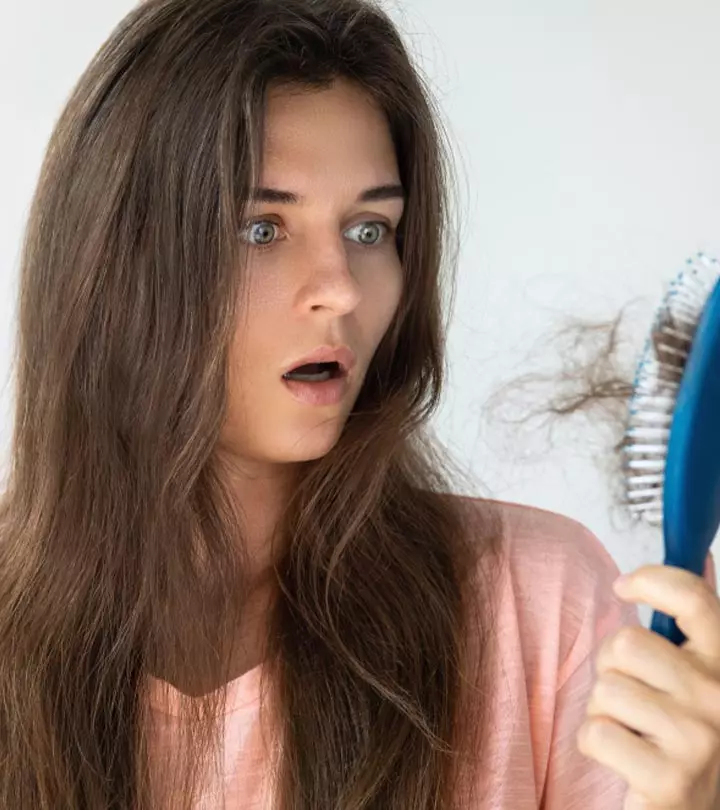
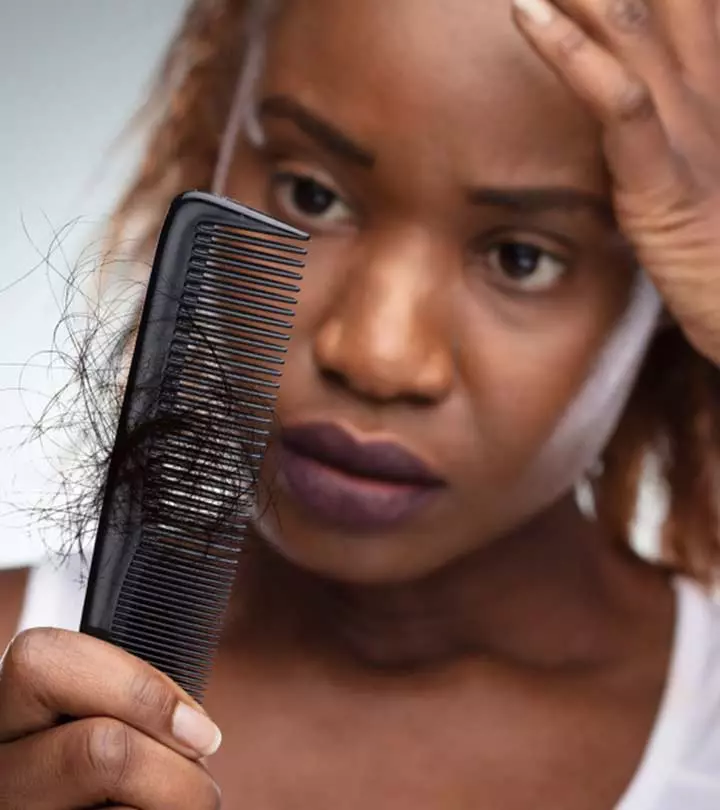
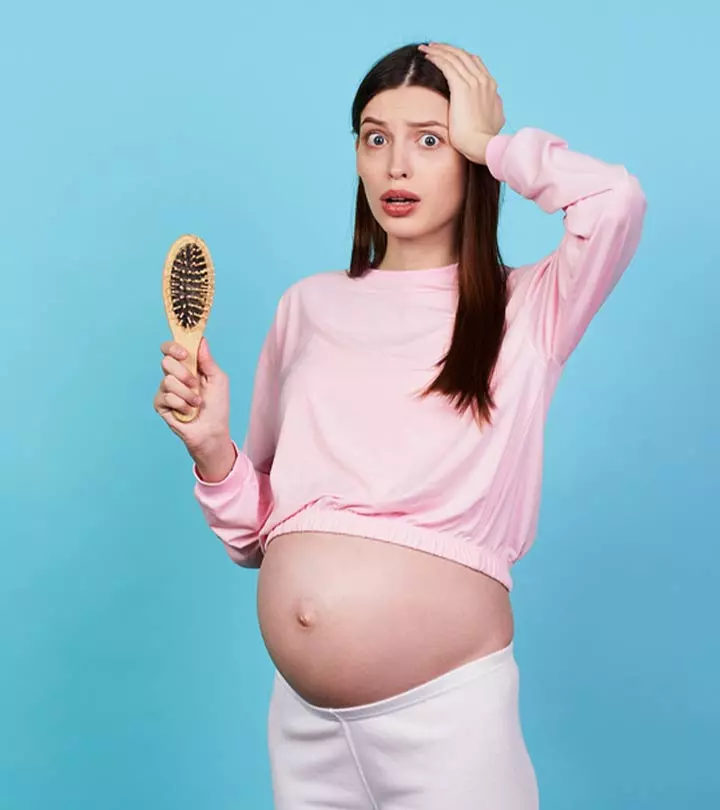
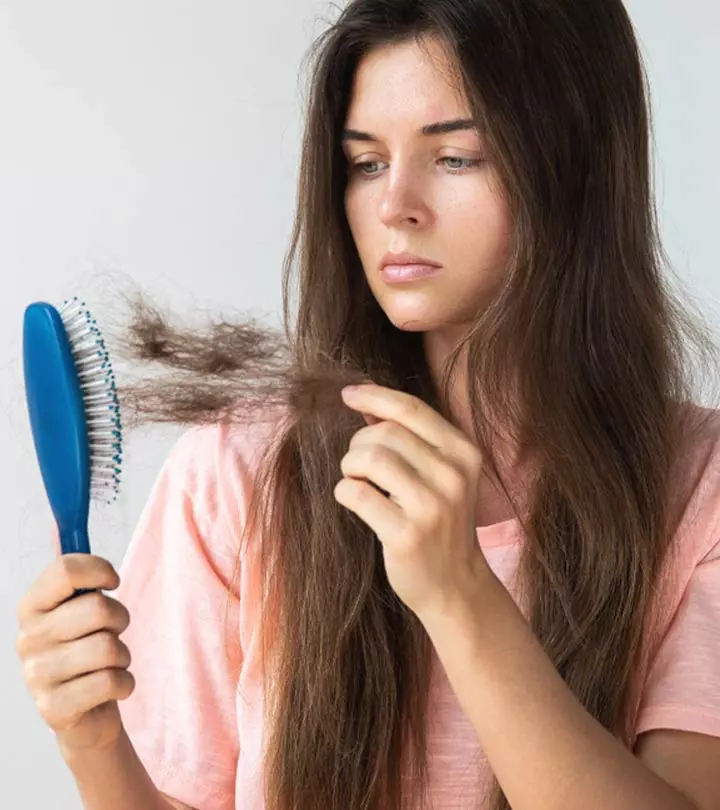

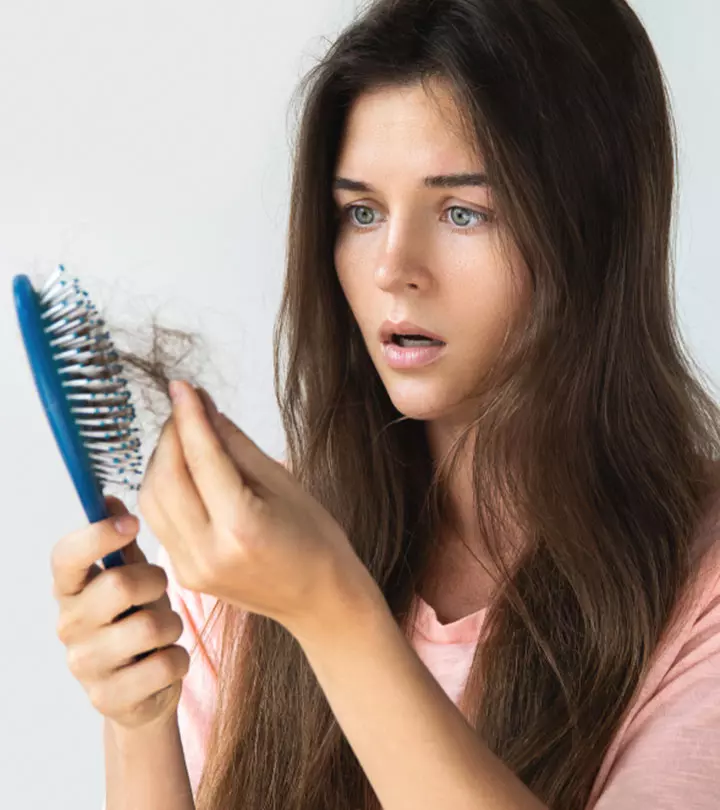
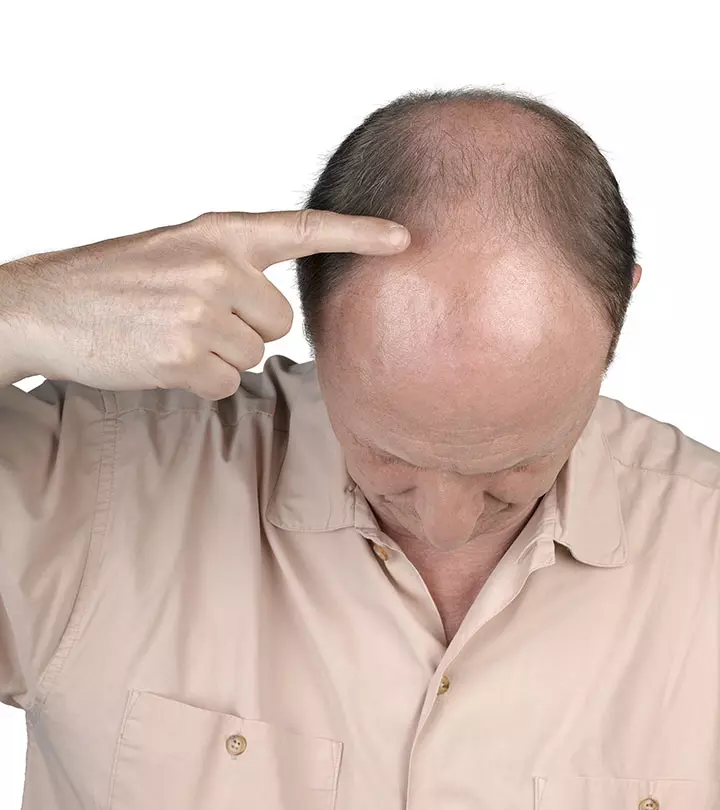

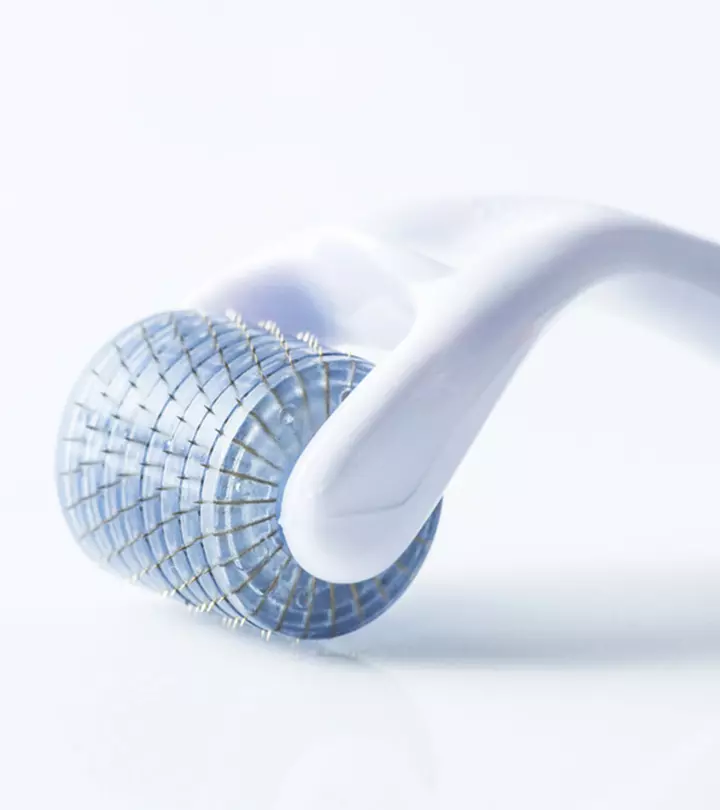



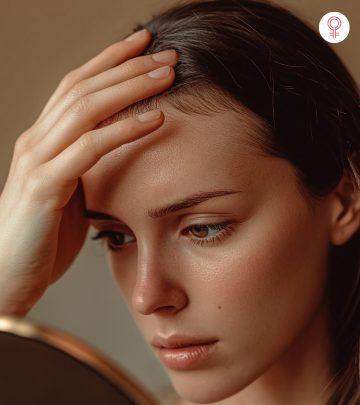
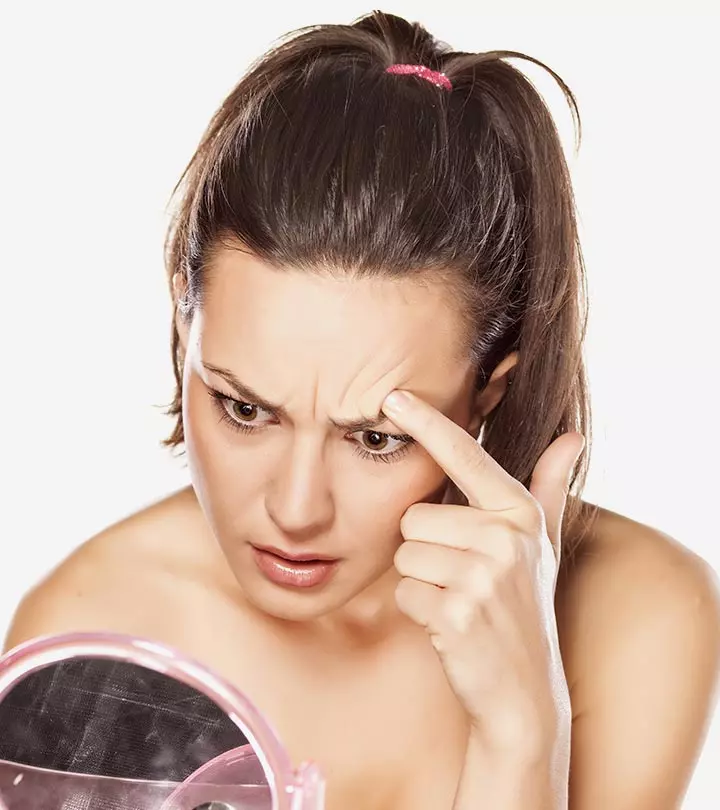
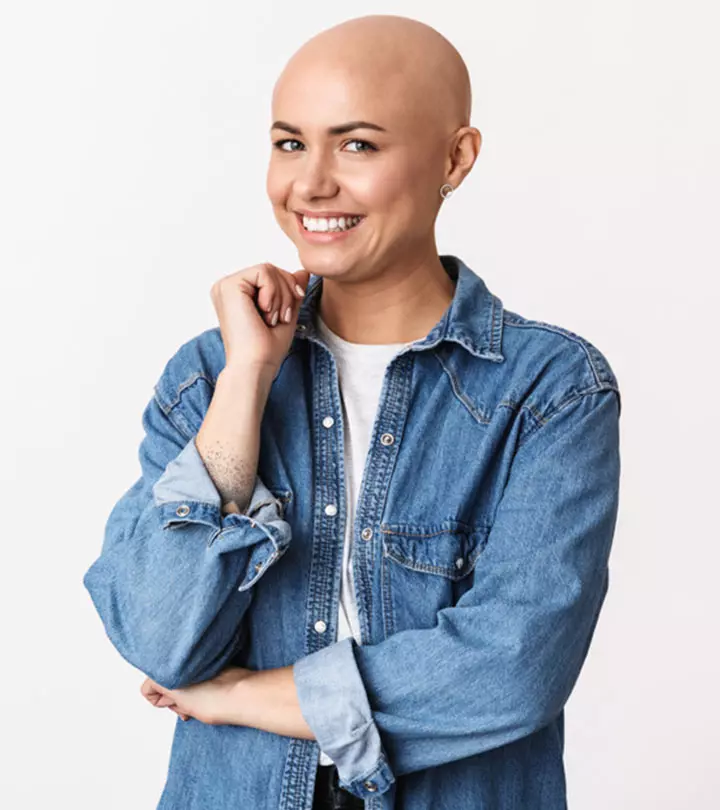
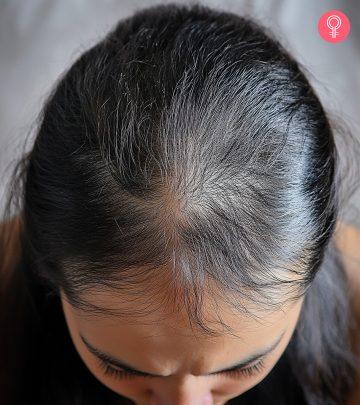

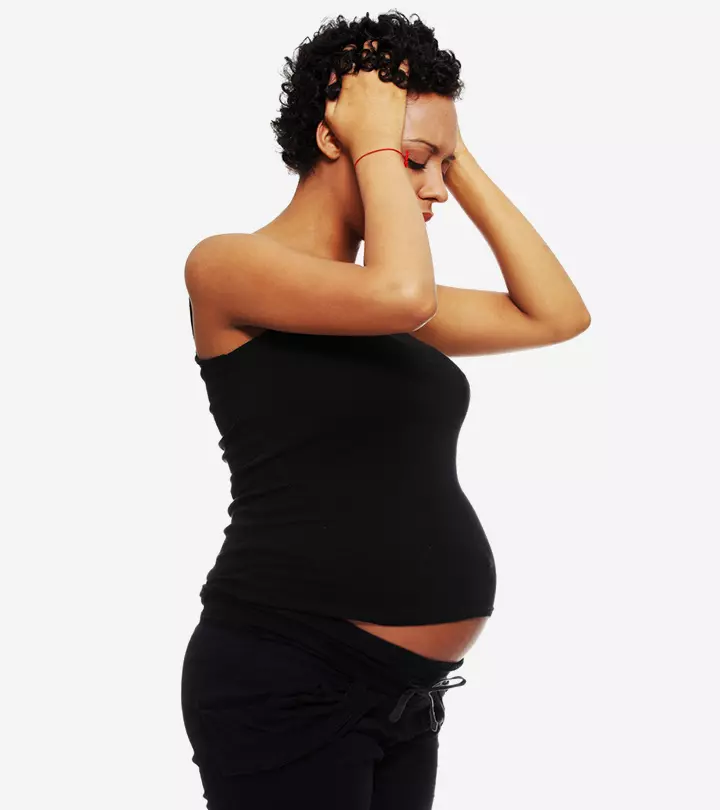
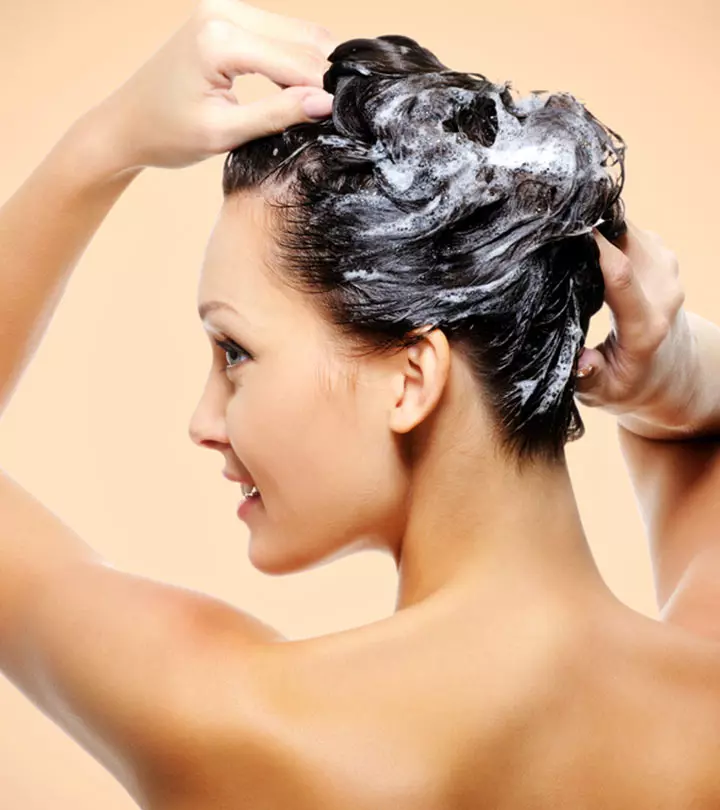
Community Experiences
Join the conversation and become a part of our empowering community! Share your stories, experiences, and insights to connect with other beauty, lifestyle, and health enthusiasts.